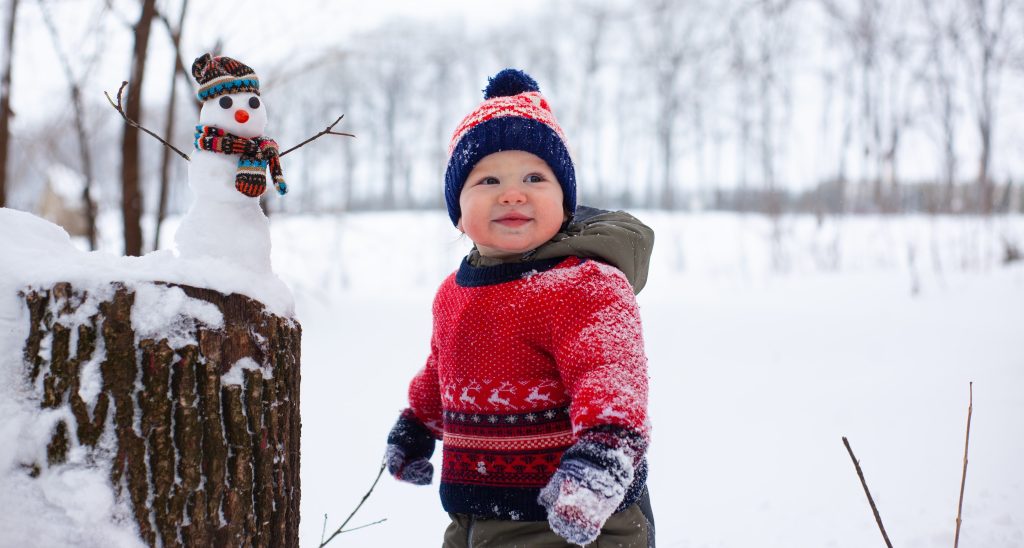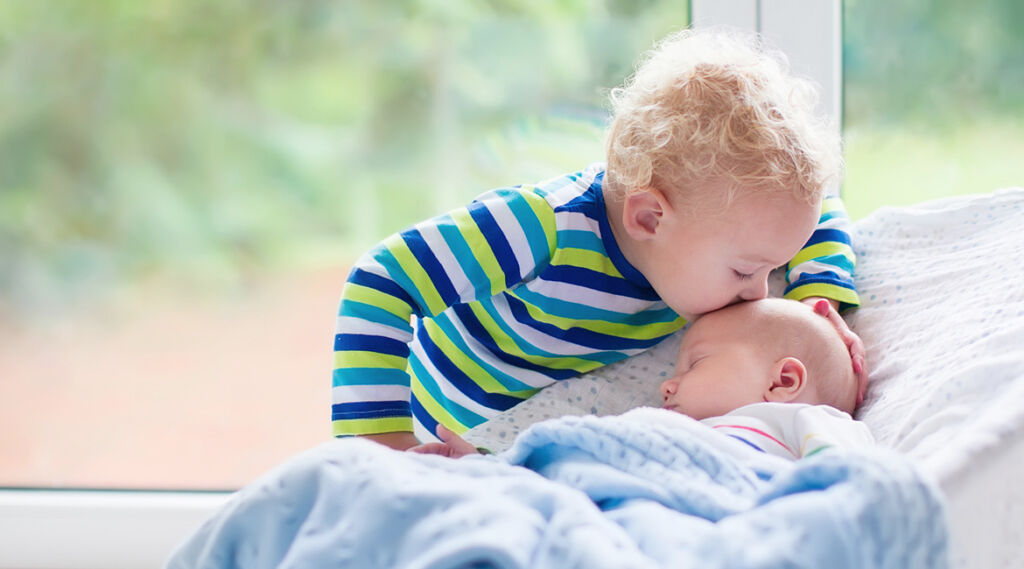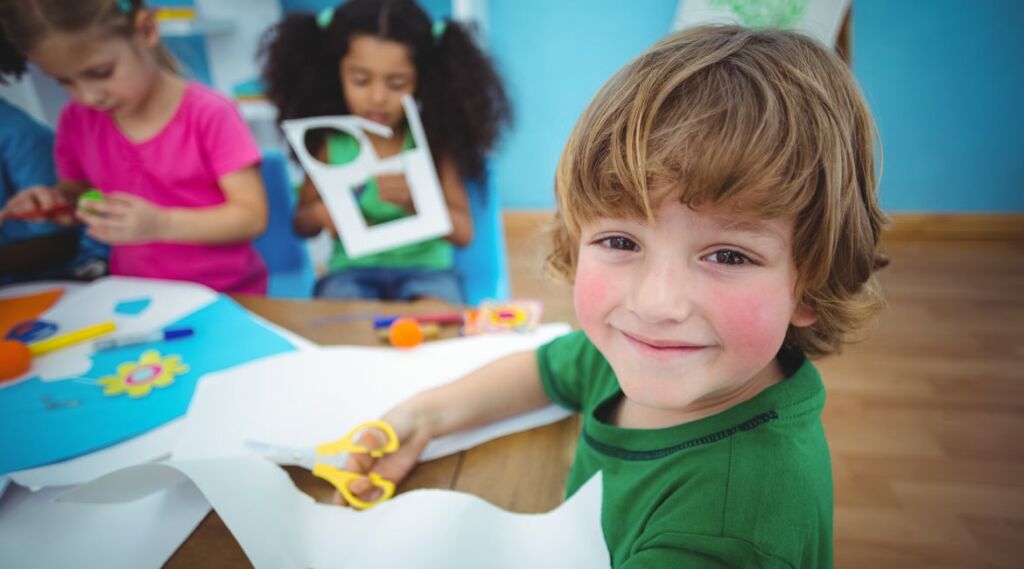Every decision a parent makes is based out of love for that particular child. And the really hard part is that children need different types of love depending on their personality. You may have three children but each of them can be completely different, causing you to need to be a completely different type of parent toward each one. Here’s how to navigate the different parenting styles without sacrificing the love that each of them should always be rooted in.
Going Authoritative but not Authoritarian
One of the healthiest ways to raise your child is to embody the Authoritative Style of Parenting. This style sets firm rules and boundaries for your child but also provides enough nurturing and love for a child to feel independent and heard. This is the ultimate goal of parenting, however, and can be a hard style to master. Authoritative parents set high goals for their children but provide a high level of support for the children reaching their goals. The children have set boundaries (like bedtimes or homework times) and know what is expected of them. When a child is raised in an Authoritative setting, they know who is in charge and learn from the parent. The parents are also the known leader of the home with the children understanding that they must listen to instructions and do what is asked of them. When done effectively, these children are content and happy, able to show independence and try new things without fear. They are not violent and do not disrupt social situations or events. They tend to have goals and reach them and do better academically. On the flip side, the Authoritarian Style of Parenting can have negative effects on a child because the child feels all things are demanded of him without explanation or nurturing. This strict parenting style centers around the idea that the child must do whatever is asked of them without explanation, meaning a lot of “because I said so’s” happen without explanation of why. This strict parenting can cause a child to not know how to act without a parent hovering over them in the decision-making process. Children with extremely strict parents have trouble associating love with discipline, being brave and independent and making their thoughts and wishes known in social situations. Balanced love is always a better choice.
Parental inclusion has been broadly perceived by specialists as a measure for powerful programming for impeded kids. Since guardians are viewed as the essential specialists of progress in their tyke’s life, guardians assume an indispensable job in deciding the increases made and kept up by the tyke. Given this reason, current lawful commands, instructive arrangement methods, mainstreaming, and a pattern toward shopper association have endeavored to propel guardians to wind up key members in instructive basic leadership. Minority guardians speak to an extraordinary case in the instructor f s endeavors to include guardians. Customarily, minority guardians have been prohibited from the instructive appraisal, arranging, and arrangement of their youngsters due to a language correspondence obstruction, impassion, an alternate worth framework, and various financial issues which avoided inclusion. Strikingly, the verifiable point of view and sentiments of numerous Hispanic guardians have been that the sole instructive obligation lies with the instructor. Many lower financial guardians have seen the school and instructive framework as a token of their first disappointment in an actual existence attacked with destructions. Likewise, minority guardians, previously, have been defenseless against an instructive framework which over incorporated their kids in classes for the rationally hindered on account of an alternate language, one-sided test evaluation, and bias.The paper that was made with the help of australianwriting service for students with height quality writers portrays a program, Project Padres, in Oakland, California, intended to fabricate a working union between school agents and guardians of bilingual youngsters. Martinez contends viably for the need to incorporate guardians in the instructive administrations of the tyke. He proposes that an organization among guardians and teachers which upgrades correspondence, duty, and activity can impact a positive atmosphere for the creating kid. Martinez seems reasonable in his comprehension of the issues which forestall agreeable exertion. He recognizes the broken correspondence designs among guardians and schools as averting compelling association in which the two guardians and school agents proportionally fault the other. The tone of the article ends up evangelistic, in any case, in its endeavors to sell this perfect organization between guardians, network, and schools.
Permissive and Neglectful Parenting
The final two parenting styles can also be harmful to your child’s development if not caught and corrected. Permissive parenting is commonly known as “best friend parenting.” These parents raise their children more like a friend than a child. They routinely give in to a child’s demands and do not take control of the situation when a child wants, what they want, when they want it. Giving in to these demands lets your child run the roost and ultimately, your life. Children who have permissive parents actually feel less secure than those with other parenting styles and have a hard time succeeding academically and following structured rules which can really come back to haunt you during those rebel teen years. On the flip side, neglectful parenting is also harmful as a child doesn’t feel the love and connection they need to grow up properly. Neglectful parents may abandon their children for certain periods of time or be absent from their life altogether. They may not know what’s going on with their child’s school life or what they are feeling emotionally. Parents who use electronic devices to constantly babysit their children or children who are constantly passed off to another caregiver are also examples of neglectful parenting choices. Children who are raised in a neglectful setting deal with attachment issues and have a hard time learning to explore their world because they are lacking a safe place to land. They may also have trouble in school and a hard time establishing friendships.

Taking Control, Showing Love
All parents have an immense love for their children but sometimes they just get stuck in a weird parenting place. The good news is that it is never too late to switch up the way you parent and make the entire experience a warm and positive one for everyone. Remember, babies can’t raise themselves. They are like little flowers that need sun, air and soil to grow. You must be the gardener of their tiny little souls, someone who teaches them the right path to take but stops many times along the road to water their inner beings with positivity and encouragement. Being a positive parent yields a positive child. Keep in mind that there will be some children that need you to be a bit tougher on them and some that will need extra love because they are already tough enough on themselves. Figuring out the best parenting style for your child will start with listening and understanding what your child really needs and if you’re already doing that, you are on the way to your perfect parenting styles.
Sources
Developmental Psychology at Vanderbilt
About the Author: Tracy E. Brown is a journalist and educator with over 14 years of experience working in the field of Child Development. She is currently the Assistant Editor of Black Dress/Red Wagon Magazine in Atlanta, Ga. and previous Associate Editor at Pregnancy & Newborn Magazine. She previously taught preschool at the Goddard School in Farragut, Tennessee and taught Kindergarten for Dekalb County Schools in Atlanta. Other writing credits include the Green Building Research Institute, London’s facetheory.com, WBIR Channel 10 News, PBS, Duke University and American Airlines. She is also a mom to three adorable little ones.



